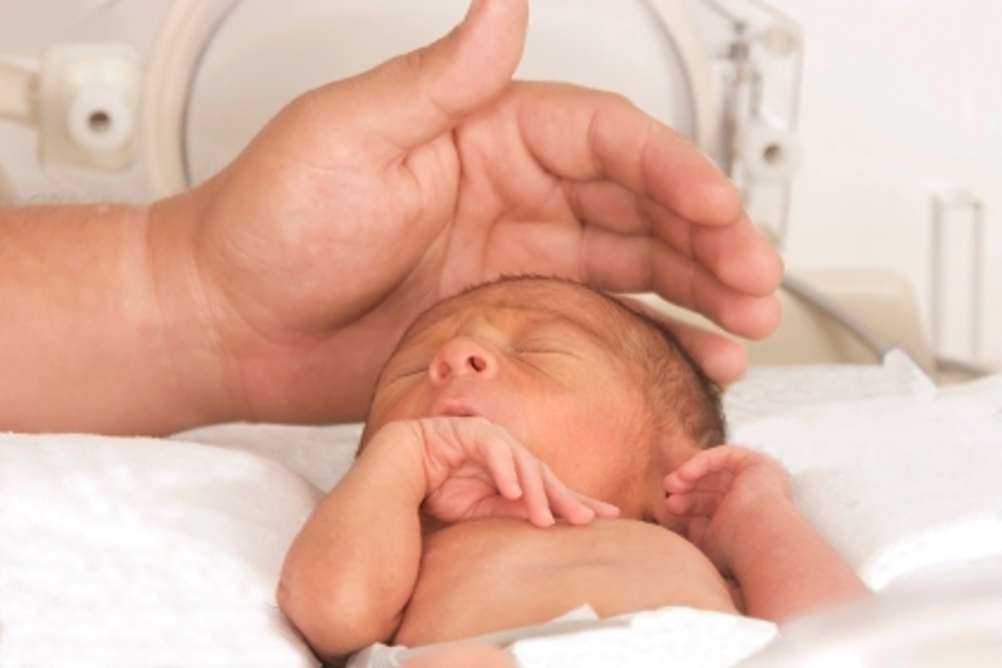
Academics from Birmingham City University looked at the experiences of 209 parents whose children were born before the 37th week of pregnancy, including the level of support they received while in hospital, after being discharged and when their child started nursery and school.
While 70 parents said they felt supported by staff and their hospital stay had been a positive experience, a similar number described the experience in negative terms.
A total of 19 parents felt that health visitors had insufficient knowledge about premature birth and 24 described the early help system upon discharge from hospital as ‘fragmented’.
One parent said, ‘My baby struggled with his development and I was worried. Limited to no support offered. The child development worker was supposed to see us every three months, but due to numbers this was not possible. Health visitors have not been helpful. They have a lack of knowledge and often upset me by giving the wrong information.'
Register now to continue reading
Thank you for visiting Nursery World and making use of our archive of more than 35,000 expert features, subject guides, case studies and policy updates. Why not register today and enjoy the following great benefits:
What's included
-
Free access to 4 subscriber-only articles per month
-
Unlimited access to news and opinion
-
Email newsletter providing activity ideas, best practice and breaking news
Already have an account? Sign in here
